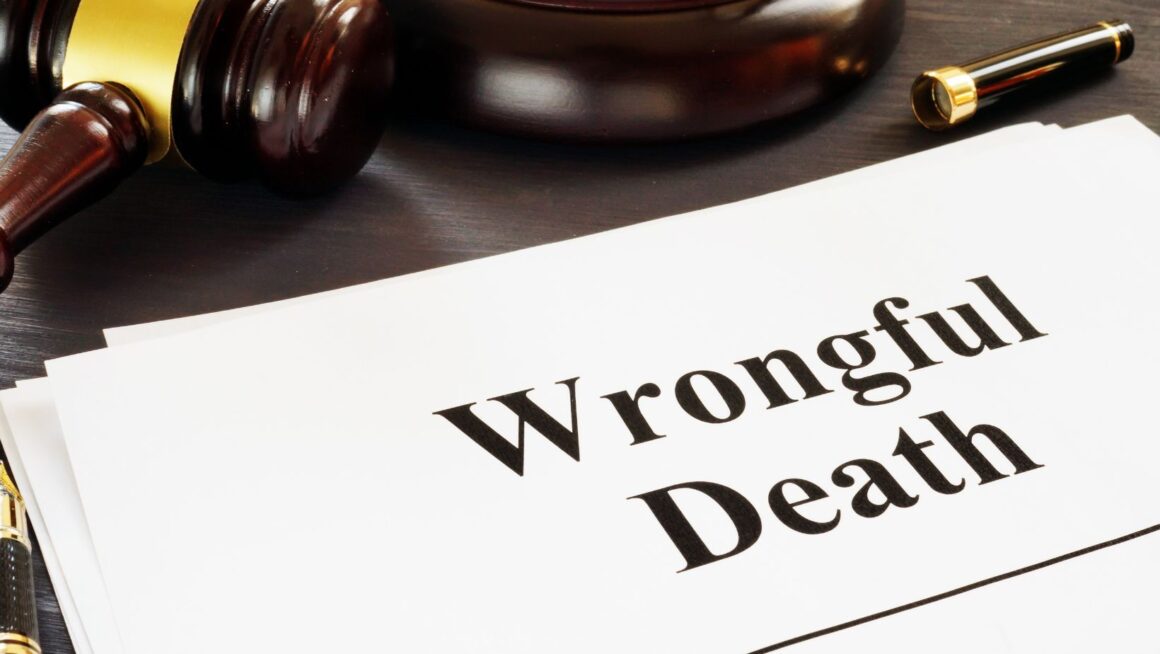The loss of a loved one is always a devastating experience, but it becomes even more harrowing when it results from the negligence of medical institutions. In San Antonio, families are increasingly finding themselves in the difficult position of having to battle hospitals and other healthcare providers over wrongful death claims. These claims often involve complex legal and medical issues, making it essential for families to seek professional legal assistance to navigate the process.
Wrongful death claims are crucial for holding medical institutions accountable and seeking justice for the deceased. These claims can provide financial compensation to help cover medical expenses, funeral costs, and income loss. Moreover, they play a significant role in driving improvements in healthcare standards, potentially preventing similar tragedies in the future. Understanding their rights and the legal avenues available is paramount for families facing such a tragic situation.
Common Causes of Wrongful Deaths in Medical Settings
Wrongful deaths in medical settings can result from a variety of factors, including medical malpractice, surgical errors, misdiagnoses, and inadequate patient care. Medical malpractice involves negligence by healthcare providers, such as doctors, nurses, and technicians, who fail to provide the standard of care expected in their profession. This can include errors during surgery, incorrect medication administration, and failure to diagnose a condition promptly.
Surgical errors are another leading cause of wrongful deaths, encompassing mistakes such as operating on the wrong site, leaving surgical instruments inside the body, and anesthesia errors. Misdiagnoses or delayed diagnoses can prevent patients from receiving timely and appropriate treatment, leading to fatal outcomes. Inadequate patient care, including neglect in nursing homes and hospitals, can also contribute to wrongful deaths by failing to meet the basic needs of patients.
The Legal Framework for Wrongful Death Claims
In San Antonio, wrongful death claims are governed by Texas state law, which allows certain family members to seek compensation for the loss of a loved one due to negligence or misconduct by medical institutions. Eligible claimants typically include the deceased’s spouse, children, and parents. The law requires the claimant to prove that the negligence of the healthcare provider or institution directly caused the death.
To establish a wrongful death claim, the plaintiff must demonstrate that the medical professional owed a duty of care to the deceased, that this duty was breached, and that the breach directly resulted in the death. Gathering evidence, such as medical records, expert testimony, and witness statements, is crucial for building a strong case.
Challenges Faced by Families in Wrongful Death Cases
Families pursuing wrongful death claims against medical institutions often face significant challenges. These cases can be emotionally draining and legally complex, requiring detailed knowledge of both medical and legal principles. Medical institutions typically have extensive resources and legal teams dedicated to defending against such claims, making it difficult for families to navigate the legal system independently.

Proving negligence can be particularly challenging, as it involves demonstrating that the healthcare provider’s actions deviated from the accepted standard of care. This often requires expert testimony from medical professionals who can attest to the standard of care and how it was breached.
Importance of Expert Witnesses
Expert witnesses play a vital role in wrongful death cases, providing the necessary medical expertise to establish that negligence occurred. These experts can offer objective analysis and testimony regarding the standard of care, the actions taken by the healthcare provider, and how those actions contributed to the patient’s death. Their input is crucial in helping the court understand the complexities of medical procedures and practices.
Securing credible expert witnesses can significantly strengthen a wrongful death claim. They provide detailed insights that laypersons and even legal professionals may need to possess, ensuring that the case is built on a solid foundation of medical knowledge.
Compensation and Justice for Families
The primary goal of wrongful death claims is to seek justice and compensation for the surviving family members. Compensation can cover various damages, including medical expenses incurred before death, funeral and burial costs, loss of income and financial support, loss of companionship, and emotional distress. In some cases, punitive damages may also be awarded to punish particularly egregious conduct by the medical institution.
While financial compensation cannot replace the loss of a loved one, it can provide crucial support for families during a difficult time. It can help alleviate the financial burden associated with the death and give a sense of justice by holding the responsible parties accountable.
The Role of Legal Representation
Legal representation is essential for families pursuing wrongful death claims. An experienced attorney can navigate the complexities of the legal system, gather and present evidence, and advocate on behalf of the family. They can handle interactions with the medical institution’s legal team, negotiate settlements, and, if necessary, represent the family in court.
A dedicated legal advocate can provide families the support and guidance they need to focus on healing and moving forward. Attorneys with experience in wrongful death cases understand the emotional and legal challenges and can provide compassionate and effective representation. Families should seek legal counsel as soon as possible to protect their rights.
Raising Awareness and Preventing Future Tragedies
Pursuing wrongful death claims also serves a broader purpose of raising awareness about medical negligence and advocating for higher standards of care. By holding medical institutions accountable, these cases highlight the importance of patient safety and the need for systemic improvements. Public awareness can drive policy changes and encourage healthcare providers to implement better practices and safeguards.

Families who have experienced wrongful death can contribute to this advocacy by sharing their stories and supporting initiatives aimed at improving healthcare standards. Organizations and support groups for victims of medical negligence can provide resources and platforms for raising awareness.
Support Systems for Affected Families
Dealing with the aftermath of a wrongful death can be overwhelming, and families often need additional support beyond legal assistance. Counseling and support groups can provide emotional support and help families cope with grief. These resources offer a space for individuals to share their experiences, receive guidance, and connect with others who have faced similar challenges.
Support systems can also provide practical assistance, such as navigating the legal process, managing financial concerns, and accessing community resources. Families should seek comprehensive support to address their emotional and practical needs during this difficult time.



